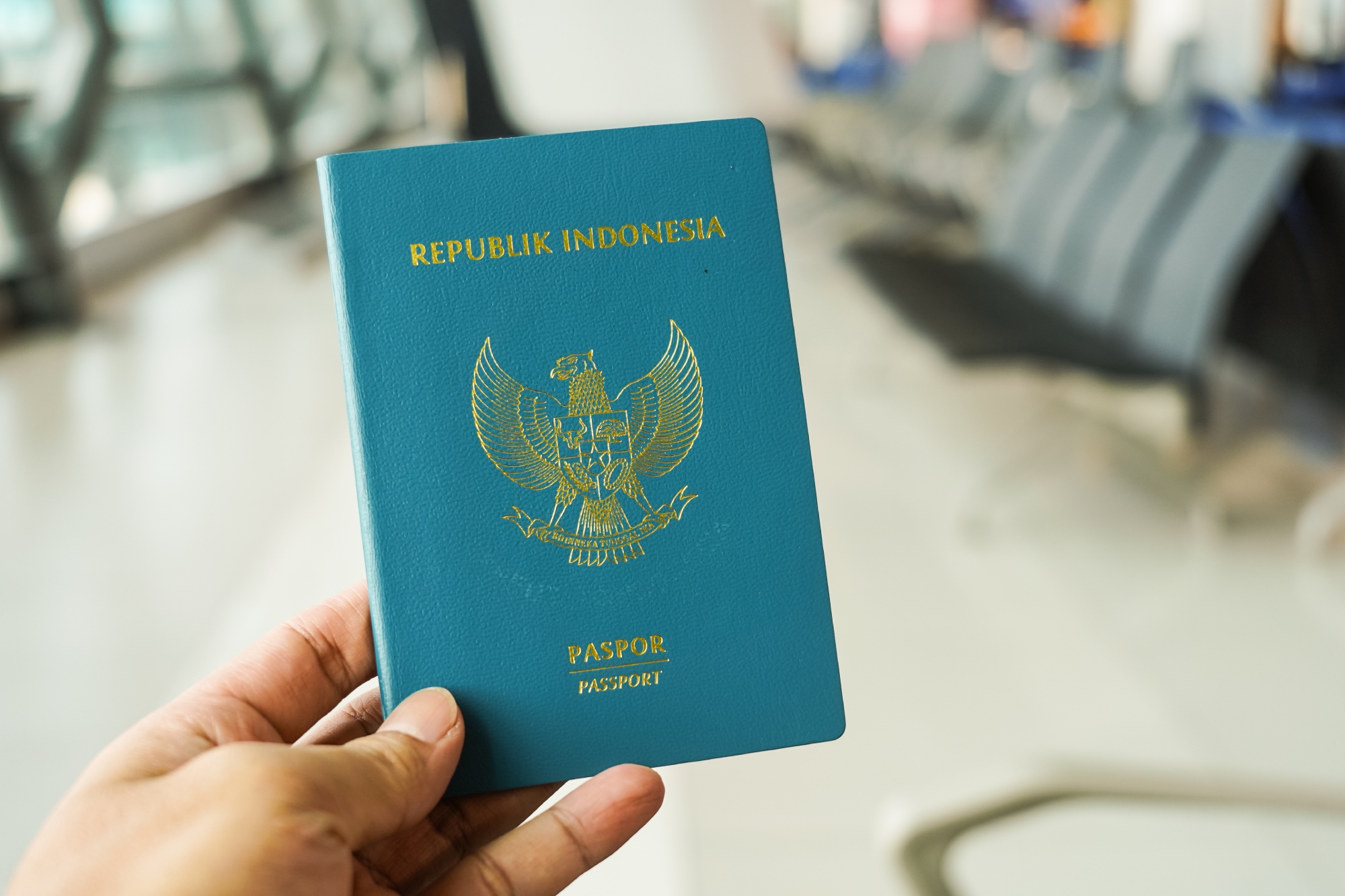Seizing Indonesia’s golden visa opportunity
The Indonesian government is dangling an elite visa status to foreign investors and prominent business leaders to make the Southeast Asian nation their second home.
President Joko Widodo is luring greater foreign direct investments (FDI) by letting high net worth individuals enjoy seamless trips to and from the country for as much as 10 years, but only if they invest millions of dollars to justify their length of stay. A person is eligible for a five-year “Golden Visa” if they invest USD 2.5 million to put up an Indonesia-based company and USD 5 million on a startup if they want to stay in the country for 10 years. Alternatively, one can place USD 350,000 in government-issued bonds, shares of publicly traded companies, or cash savings to get the golden visa status for five years.
A similar courtesy is extended to directors and commissioners of foreign corporations with major capital investments in the country: those part of the board of companies placing at least USD 25 million will enjoy the “golden” status for five years and those investing at least USD 50 million get a decade’s stay.
Golden visa holders can stay for longer periods in Indonesia compared to tourists or business travelers. They can also enter and leave the country with ease, with the requirement for immigration permits waived for as long as their special visa status remains valid. It is worth noting that Indonesia’s minimum investment is significantly higher than in other countries offering golden visas, and even for jurisdictions dangling a “resident by investment” status as in the US (USD 800,000) and in Spain and Portugal that require real estate purchases worth about EUR 500,000 (USD 267,000).
‘Golden’ Indonesia
We consider the golden visa as an interesting opportunity for firms looking to penetrate and/or expand their operations within Asia by taking advantage of Indonesia’s strategic location for trade, a young and skilled labor force, and vibrant consumer spending. However, it is unlikely to be a game-changer as Jakarta has a lot more reforms needing attention to truly attract more foreign capital.
Indonesia is the largest economy in Southeast Asia and the 10th biggest globally, with economic output amounting to USD 1.3 trillion in 2022. Indonesia grew by 5.3 per cent in 2022, in the middle of the pack across the region, but remains a lower middle-income country as the World Bank took note of declining productivity. Full-year growth in 2023 is likely to settle at 5 per cent amid a sustained slowdown.
Indonesia is the second-largest destination of foreign investments within ASEAN, having cornered USD 21.4 billion in 2022 alone although remaining a far second to Singapore. One-fourth of FDI inflows went into the domestic metals and equipment industry followed by mining, which cornered 11 per cent of the sum. The country is counting on an expanded ban on ore exports to bring in more FDI and create jobs by forcing global mineral processing sites to set up shop in Indonesia, following the success of its nickel export ban policy in place since 2020.

Indonesia’s manufacturing sector has recorded a steady 4 per cent growth over the past decade and recently recovered from a pandemic-induced slump in 2020. The country is racing to become a regional hub for electric vehicles, batteries, and even semiconductors – sectors lagging behind in terms of realized FDIs, as per Graph 1. However, bureaucratic processes as well as infrastructure gaps including limited connectivity in rural areas hinder industrial expansion.
Tech in focus
A special type of golden visa may be automatically granted to high-profile “world figures” as determined by Indonesia’s Director General of Immigration even without an investment pledge. This was how ChatGPT founder Samuel Altman got hold of the country’s first-ever Golden Visa status.
While it is unknown if Altman applied for the visa, it is clear that Indonesia wants to boost its technology sector, knowing that harnessing innovation correctly could reduce productivity losses. The country has likewise positioned itself as the next regional hub for global tech companies like Google, Amazon, and Alibaba, especially after Singapore’s moratorium on sprawling data centers. Indonesia is also home to about 53 per cent of ASEAN startups, including eight companies that have reached unicorn status.

Graph 2 shows that stocks part of the Indonesia Stock Exchange’s technology sector have consistently outperformed the bellwether LQ45 index over the past year, a trend that is likely to be sustained.
Beyond the golden visa, new regulations meant to entice more tech companies to list on Indonesia’s stock exchange such as multiple voting shares for a firm’s founders even after going public have been in place since 2021. Advancements in technology are projected to boost Indonesia’s GDP by 0.55 percentage points per year and add USD 2.8 trillion to its economy by 2040 based on Asian Development Bank estimates, but this would require rapid and comprehensive digital transformation.
A pivot towards export-oriented manufacturing and services exports would unlock faster growth. However, like traditional sectors, investments in the digital economy remain concentrated in Java, leaving the rest of Indonesia at a disadvantage. Any foreign capital attracted via the golden visa is likely to be infused in economic centers, with only the occasional countryside boost through tourism.
We remain optimistic and overweight on Indonesian stocks and continue to see Southeast Asia driving global growth for years to come. Among the major sources of risk for Indonesia are elevated inflation and global interest rates; and locally, Jokowi’s exit from the presidency and the upcoming February 2024 general elections. Globally, there has been little success in attracting more FDIs directly attributable to golden visa or similar travel perks granted by governments. The influx of wealthy foreigners could even carry the risk of exerting price pressure on real estate, which could work against home-buying activities of the locals. Beyond a powerful visa status, Indonesia will find that further improvements in the domestic business environment may reel in more dollars than a special stamp for foreign passport holders.






